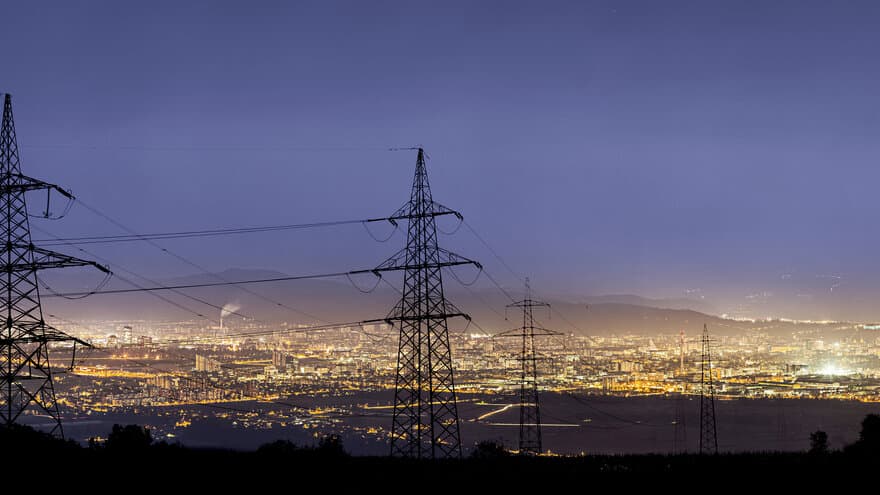Niels Oliver Nagel has evaluated the economic impacts of the European energy transition on Nordic power system stakeholders. The power producers will most likely benefit economically from increasingly ambitious European climate targets.
The Nordic power system is increasingly integrated into the European market. In recent years, EU’s policies have been wired towards reducing greenhouse gas emissions, increase energy efficiency and increase the share of renewables in total energy consumption within the union.
“We see today that the Nordic power market is deeply affected technology development and EU and national policy decisions and actions,” PhD candidate Niels Nagel says.
Impacts of policy and flexibility
In his PhD, Nagel has evaluated the economic impacts that the European energy transition towards
net-zero carbon emissions has on Nordic power system stakeholders.
“I have looked at the impacts of climate policies, power system flexibility, and the role of Norway's future power supply and demand balance,” he says.
In his analyses Nagel has used a techno-economic energy system model called ‘Balmorel’. He also did an expert survey to determine possible future supply and demand distributions for Norway in 2040.
Flexibility is key
Nagel’s results show that Nordic power producers most likely will benefit economically from increasingly ambitious European climate targets. The extent of the benefits, however, will depend on the European and national policy choices and producers’ technology characteristics.
“Flexibility will be critical for the cost-effective decarbonization of the power sector,” he comments.
Intermittent renewable energy sources (such as wind and solar PV) unlike traditional non-renewable sources do not follow demand. Flexibility is therefore a necessity to match supply and demand spatially and temporally and increase the amount of renewable energy in the European energy system. “The value of flexibility options increases exponentially with more ambitious climate targets,” he explains.
Social opposition could be a concern
'Deep decarbonization' refers to the elimination of carbon-emitting fuels, favouring more sustainable alternatives.
In Niels’ deep decarbonization scenarios, transmission and sector coupling with the district heating system are particularly important for energy system efficiency.
“If the ambitions are lower, demand side flexibility is a more important flexibility option for ensuring system efficiency.”
He also explains that it will be important to address ambiguous consumer and producer welfare impacts of the energy transition and infrastructure investment.
“An optimal decision from a societal point of view may, for example, decrease Nordic consumer welfare in some market areas,” he says.
“This could increase the likelihood of social opposition if not adequately addressed.”
Niels Oliver Nagel defends his PhD thesis “The European energy transition: Economic impacts on Nordic stakeholders in the power system” on Friday the 31st of March 2023. Trial lecture and disputation are open to all.
